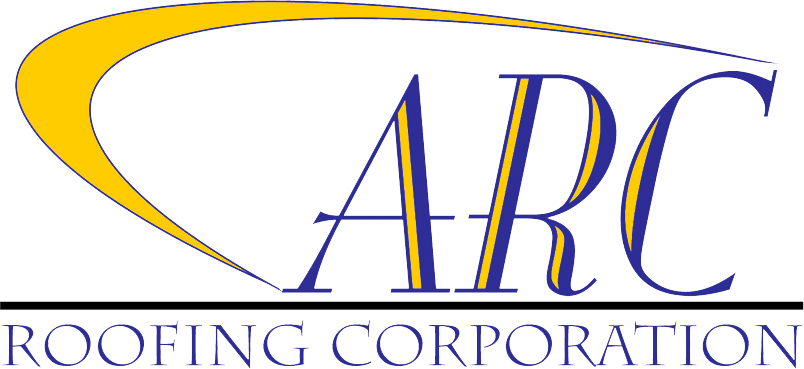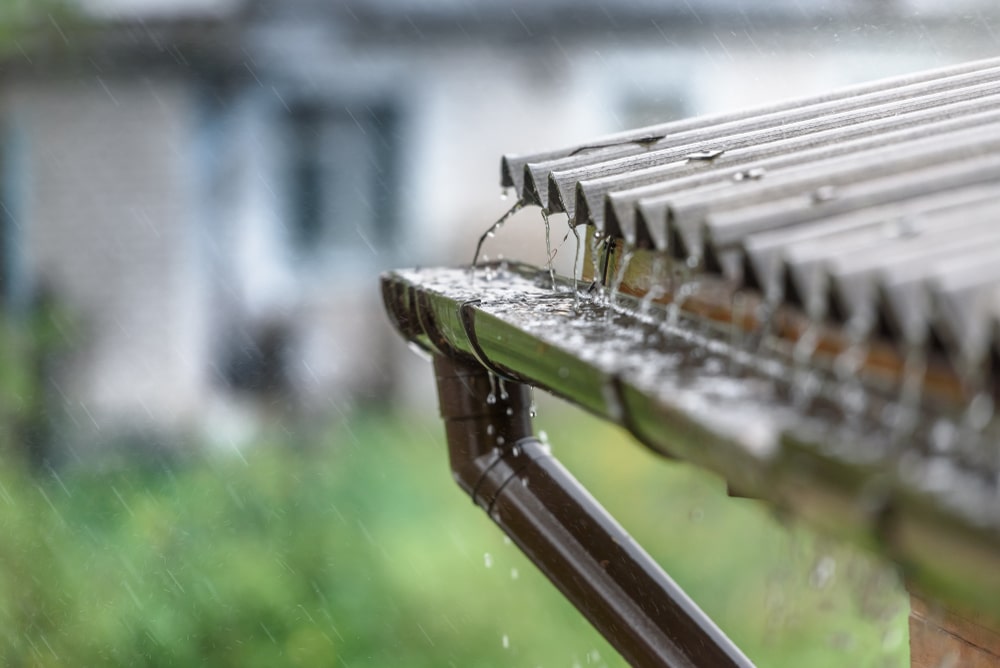Metal roofs are increasingly popular for homeowners thanks to their impressive lifespan – lasting at least 25 years – and their durability. However, a common concern regarding metal roofs is noise.
The truth, however, is more nuanced. While metal roofs can be noisier than other options, they can also be just as quiet, depending on several factors:
- Installation methods: Modern metal roofs are installed with sheathing attached to the underlayment, significantly reducing noise. This design not only improves energy efficiency but also acts as a sound barrier during extreme weather.
- Materials: The type of metal used and its thickness can also impact noise levels. Thicker panels tend to be quieter.
Noise is measured in decibels (dB), and prolonged exposure to levels exceeding 85 dB can damage hearing over time. Studies show the difference in noise levels between metal roofs and asphalt shingles is between 6 and 15 dB, depending on the metal roof’s installation.
Here are some key factors influencing metal roof noise:
- Solid decking and underlayment: Installing the metal roof over a solid deck with a quality underlayment significantly absorbs sound and reduces noise. Some homeowners even report their metal roof being quieter than their previous shingle roof.
- Expansion and contraction: Lighter metal roofs are more prone to creaking noises during temperature changes due to air pressure fluctuations.
Sure, they might creak a bit, but metal roofs are still a top pick if you handle the noise right. Abnormal creaking often indicates poor installation, excessive thermal movement, or frictional forces.
Minimizing Metal Roof Noise:
- Proper installation: This includes using correct insulation and underlayment. Consulting a professional roofer ensures proper installation to minimize noise.
- Solid decking: This helps absorb sound and reduces noise transmission.
- Insulation: Adding insulation in the attic airspace below the metal roof is an effective way to further reduce noise.
- Regular maintenance: Inspecting and maintaining your metal roof regularly helps identify and address potential noise sources before they become problematic.
Soundproofing benefits of metal roofs:
- Quieter homes: Reduced noise levels improve living comfort.
- Improved weather resistance: A soundproofed metal roof provides better insulation against rain and hail, making your home quieter during bad weather.
- Energy efficiency: Proper insulation can also improve energy efficiency, leading to lower cooling and heating costs.
- Health benefits: Lower noise levels can contribute to overall better health.
Beyond noise reduction, metal roofs offer numerous advantages:
- Fireproof: They offer superior fire resistance compared to other roofing materials.
- Lightweight: Their lighter weight reduces stress on the building structure.
- Durable: Metal roofs last significantly longer than other options, leading to lower long-term maintenance costs.
Are Metal Roofs Noisy When It Rains?
Metal roofs boast a sleek, modern aesthetic that can enhance the visual appeal of any building. Their clean, minimalist lines and wide range of color options make them a versatile choice that can complement a variety of architectural styles.
However, a frequent concern is their potential for noise, particularly during rain. So, are these concerns justified? Let’s discuss the truth about metal roofs and rain.
Are Metal Roofs Loud When It Rains?
Research Shows Minimal Difference.
Studies conducted by the Acoustic Group at the University of Lulea, Sweden, found that the noise difference between metal and shingle roofs is often undetectable. This suggests that when properly installed on homes, metal roofs generate similar noise levels to other common roofing materials.
Weighing the Options:
Adding insulation boards to a metal roof installation increases the cost. If noise is a major concern, it’s essential to weigh the cost against the other benefits of metal roofs:
- Durability: Metal roofs can withstand harsh weather conditions, including hail, fire, and even hurricanes.
- Longevity: They typically last longer than traditional roofing materials, requiring less frequent replacements.
- Energy Efficiency: Metal roofs can reflect sunlight, potentially lowering cooling costs in hot climates.
- Increased Home Value: Installing a metal roof can increase the value of your home.
Uncoated metal sheeting might be a bit noisy on buildings without sound-dampening materials. But, no worries – when your metal roof is properly installed at your place, it’s just as quiet as any other roof during the rain.
However, it’s important to consider the cost implications of adding insulation boards if noise is a significant concern.






